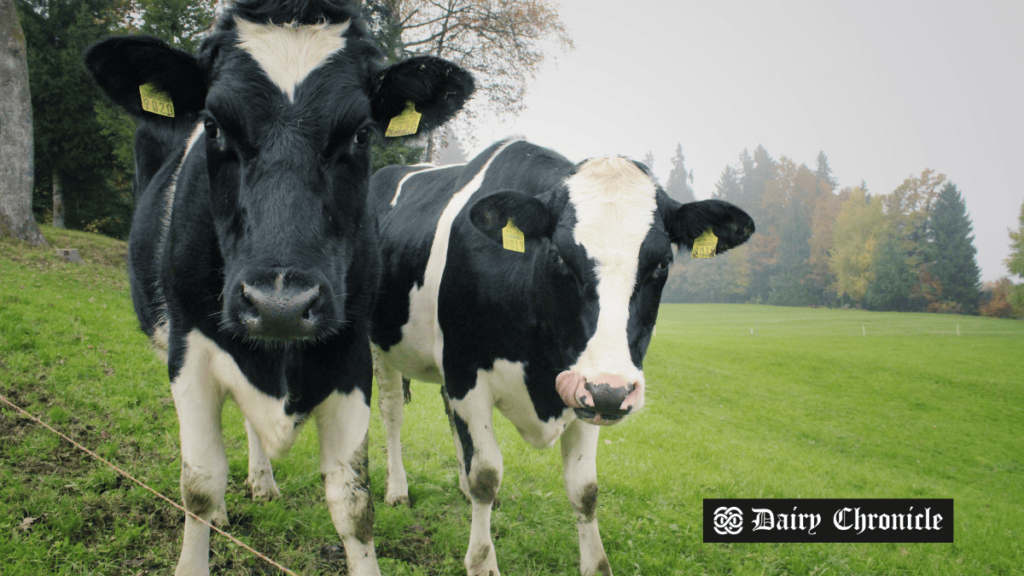Farmers in Ireland have been facing delays in receiving genotype results for autumn-born calves due to technical issues with the Irish Cattle Breeding Federation (ICBF). This delay has impacted calf passports, causing difficulties for farmers who need to move animals within 42 days to avoid additional costs and testing. The ICBF is addressing the issue and has assured farmers that they are working to resolve the delays.
The Irish Cattle Breeding Federation (ICBF) has confirmed that “technical issues” have caused delays in providing genotype results for farmers across Ireland. These delays have affected a number of autumn-calving dairy farms, where calves have been born in rapid succession, but their genotype information has not been delivered as expected.
The ICBF, responsible for administering the National Genotyping Programme (NGP), has assured farmers that they are actively working to resolve the issue. The NGP, a collaboration involving the Department of Agriculture, Food and the Marine (DAFM), the beef and dairy industry, and participating farmers, aims to establish a fully genotyped national herd by collecting and processing DNA samples from calves.
DNA samples of the calves are sent to the ICBF Genotype Laboratory, based in Naas, Co. Kildare. However, this autumn, farmers have experienced slower-than-expected turnaround times for receiving genotype results, a problem that had previously been flagged last spring with delays in calf passports.
The ICBF’s Director of Operations, speaking to Agriland, explained that it was aware of the delays and was taking steps to ensure the timely return of genotype results. In response to earlier delays, the ICBF introduced a measure last spring to automatically issue calf passports when DNA samples hit the 10-day mark in the laboratory, alleviating concerns that farmers might not be able to move their animals on time. However, even with this improvement, many farmers have been unable to receive either the passports or the genotype results within the expected timelines this autumn.
Genotype testing is crucial for improving herd genetics and provides farmers with valuable information regarding the DNA of their animals. The delay in receiving this information, particularly when paired with passport delays, has put some farmers in a difficult position. This is because farmers must move calves off farm within 42 days to avoid the need for a bovine tuberculosis (bTB) test, which incurs additional costs and administrative work.
The ICBF has been offering to send the calf’s passport first while the genotype results follow, but some farmers have yet to receive their calf passports as well, which is impacting their ability to sell the animals.
While the autumn calving season is generally quieter than the spring, delays like these, especially in the critical spring period of 2025, could have significant financial implications for farmers.
The ICBF has reassured farmers that they are working diligently to resolve the issue and minimize the disruption, with a focus on improving the speed and efficiency of the National Genotyping Programme. They are committed to addressing these technical difficulties to ensure the smooth operation of the system in the future.
